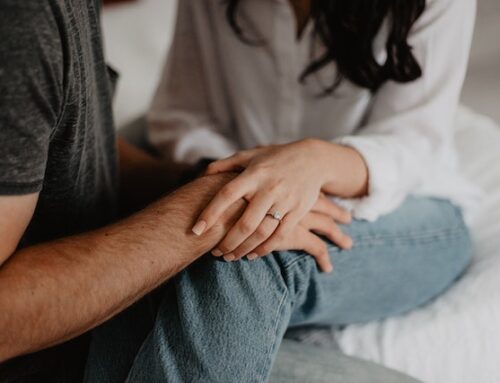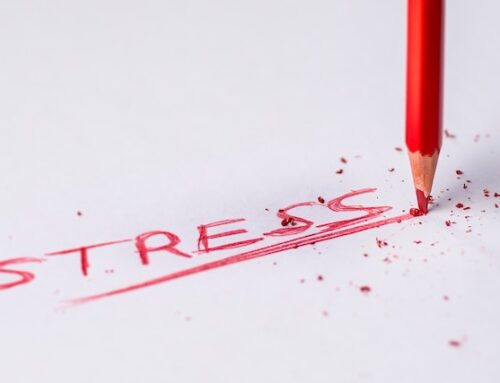Binge Eating Disorder or BED

Recently I have had the opportunity to speak about the importance of mental health and my own story with two different groups. One of these groups was my Local Victorian Speakers Tribe members, and the other group was the Murrumbidgee Mens Group in Wagga Wagga, NSW.
I enjoyed speaking at both events in May 2021; however, when I received the videos and pictures from both events, to say I was disheartened would be an understatement. The quality of the videos and pictures were perfect, so no problem there. No, the problem was me. It took seeing myself in videos and pictures to realise how overweight I had become again.
During my Peru trip in 2016 undertaking the Inca Trail, I got down to 120kg’s, the lowest weight I have been since early 2001. It was bloody hard work to get to that weight, including having weight loss surgery – first, the Gastric Band, followed by the Gastric Sleeve. I fought hard to lose those unwanted kilo’s, and now I am pretty much back to where I started.
I don’t worry about putting labels on myself when I discuss my issues because they don’t define who I am as a person – just a convenient way of describing a set of symptoms, if you will. It’s been suggested that I may be suffering from a mental disorder called Binge Eating Disorder (BED). Another mental illness, yay for me! I’m starting to wonder if I could play a game of Mental Illness Bingo and stand a good chance of winning.
I was surprised to learn that eating disorders were classified as mental illnesses, as per the Diagnostic and Statistic Manual of Mental Disorders, Fifth Edition (DSM-5). Of course, upon reflection, it makes sense to me as it has to do with the human brain/mind.
I’ve always thought that I was just an emotional eater, but now I can tell it’s something far more insidious than that. I started to think back to my early twenties where I attempted suicide numerous times, and I realised that my Binge Eating started around the same time. I would eat when I was bored or left alone with my thoughts and feelings at nighttime. I was living on my own, so it was just me. Between working almost constantly and food, these were how I would self-medicate, if you will.
All I did, however, was shift the problem from then until now. Of course, I’m far stronger mentally than I ever was then, so perhaps it was worth it in the long run. Unfortunately for me, I have also recently been diagnosed with Diabetes Type 2 – I’m guessing mainly due to my dramatic weight gain and my anti-psychotic Olanzapine (Thanks, Zyprexa!).
I’m working on my nighttime binge eating and looking into whatever resources I can find to help me overcome that. If I can get that sorted out, the weight should start to melt off me because my stomach is still much smaller than it used to be. After having these safety mechanisms for so long, it will take a monumental effort to lose the weight, but I’m up for the challenge.
There are several different Eating Disorders, including:
- Anorexia Nervosa (AN)
- Bulimia Nervosa (BN)
- Binge Eating Disorder (BED)
- Other Specific Feeding and Eating Disorder (OSFED)
- Pica
- Rumination Disorder
- Avoidant/Restrictive Food Intake Disorder (ARFID)
- Unspecified Feeding or Eating Disorder (UFED)
- Other
- Muscle Dysmorphia
- Orthorexia Nervosa (ON) proposed criteria
Several family members have been diagnosed with eating disorders, so maybe it’s in the family genetics pool. If you have been diagnosed with or suspect you may have an eating disorder, you must get some immediate help with it. Your GP or Psychologist is probably a great place to start, but my understanding is a Psychiatrist is the proper person who can diagnose you with these illnesses.
You can also check out The Butterfly Foundation for further assistance. You can call them, email them or chat online.




